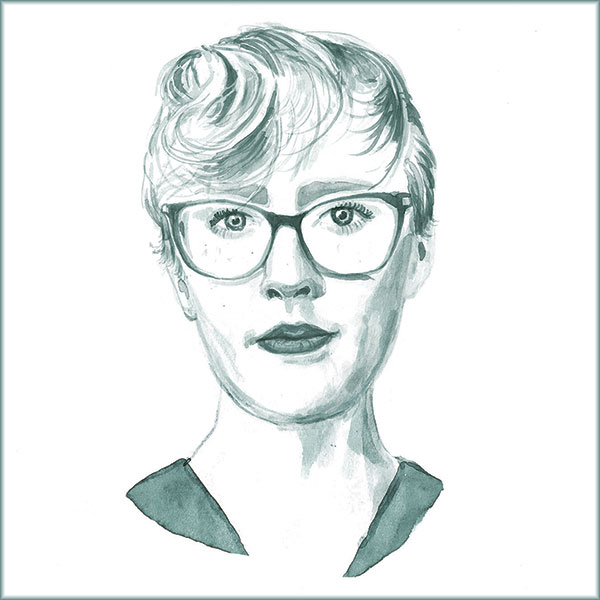Jobs from mum and dad in Spain
A new study shows that young people in Spain find it easier to get a job if their mother has a big network of contacts, or if their father has his own business.

Graffiti in Zaragoza in Spain, thematising the country’s high unemployment rate. | Image: Hdepot/Wikimedia Commons
Youth unemployment is a big problem in Spain. Now a research team has investigated the role of family members in integrating young people in the job market. Their study has proven the significance of social inequality.
The three-person team running this project interviewed 98 people between the ages of 20 and 34 in the greater Barcelona area. “We were interested in how siblings, parents and other relatives can help young people who are looking for jobs and trying to get on the career ladder, and what support families offer to those still in training and further education”, says Mattia Vacchiano, the head of the study. He researches and teaches at the National Centre of Competence in Research (NCCR) ‘LIVES – Overcoming Vulnerability: Life Course Perspectives’ in Lausanne.
He and his team established two categories for the type of help that relatives provide: existing family resources that offer direct support to young people (such as employing them in the family company); and parental influence (when the mother or father has contacts outside the family unit who can help their offspring).
Their study confirms the traditional role of the family in Spain, but it also demonstrates the impact of social inequality. Nepotism is a widespread phenomenon. The children of managers and entrepreneurs often enter the family business and profit from its networks. Their position is thus very unlike that of the children of normal employees, craftsmen and other workers, whose families can generally only offer basic assistance in looking for a job.
Earlier investigations were purely quantitative, and did not differentiate between different forms of support. “Our results were not surprising, but they prove that social inequality in Spain plays a big role when people enter the job market”, says Vacchiano.




